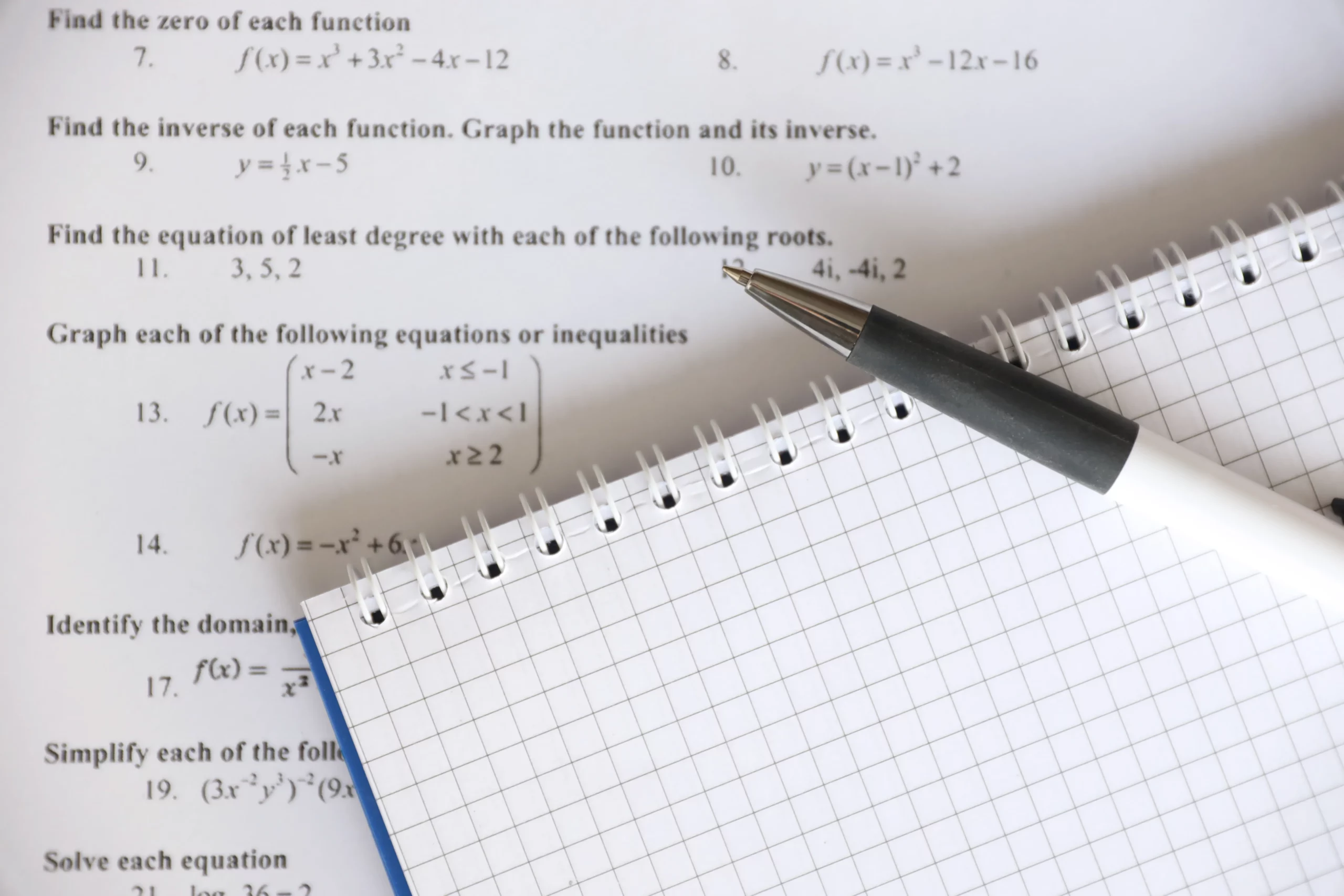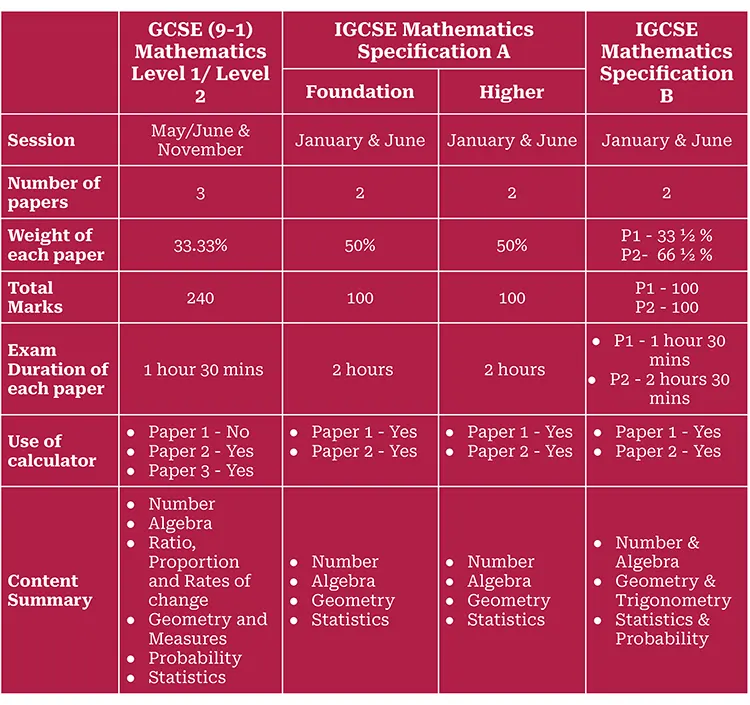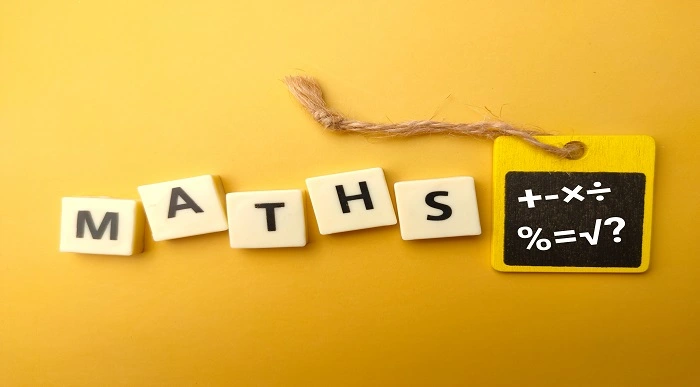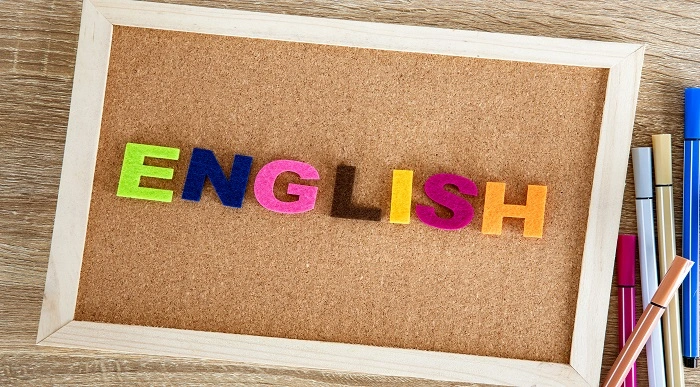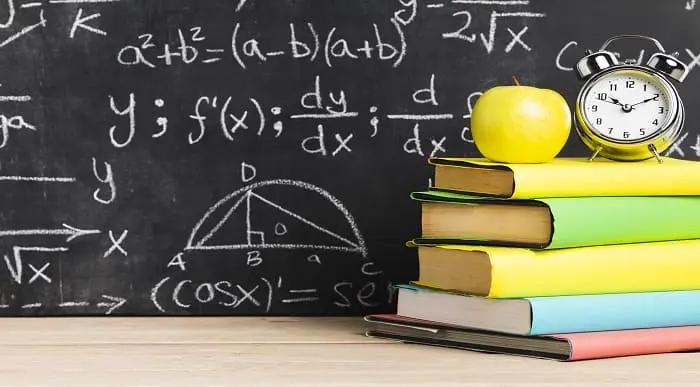GCSE
Edexcel GCSE Maths Specification – A Comprehensive Guide
Choosing a suitable qualification for your GCSE examination can be pretty confusing, especially in mathematics. For example, many people in the UK now select Edexcel GCSE maths qualification over other examination boards such as AQA and OCR.
Edexcel is popularly renowned for its GCSE Mathematics subject and their International GCSE maths has the same popularity worldwide, and prospective learners tend to go for it.
However, Edexcel GCSE offers different types of maths qualifications. Each has its specifications, aims and objectives. We also know it might be difficult for students or their parents to pick the perfect one.
Hence, this blog is designed to help you understand each type of Edexcel GCSE maths specification.
Table of Content
- Edexcel GCSE Maths Qualification
- Types of Edexcel GCSE Maths Qualification
- Pearson Edexcel Level 1/Level 2 GCSE (9-1) in Mathematics
- Pearson Edexcel International GCSE in Mathematics
- Edexcel GCSE Maths Specification
- Edexcel GCSE Mathematics Resources
- FAQ
- Is 9 an A * in GCSE?
- What GCSE grade is 80%?
- Is 3 a fail in GCSE?
- Do you get a formula sheet for Edexcel GCSE Maths?
- Which GCSE paper is the hardest?
- What is the most common maths GCSE exam board?
- Which exam board is the hardest in the UK?
- Is there an A* in Edexcel?
- What’s the difference between Edexcel and AQA GCSE maths?
- Conclusion
- What to Read Next:
Edexcel GCSE Maths Qualification
Pearson Edexcel is one of the largest certification bodies that provide academic and vocational qualifications to its candidates and is globally recognised and benchmarked.
The main objective of this qualification is to –
- Provide evidence of learners demonstrating their ability and also building confidence in them.
- Help them advance to Edexcel Advance Level or equivalent courses.
It offers GCSE Mathematics Qualifications which aim to help students achieve appropriate maths skills and give them the understanding to ensure they progress successfully in their higher studies.
The qualification grades the students on a scale of 9-1, and this grade is your total grade. Mind you, Edexcel does not grade individual papers of each subject.
Now, let us get familiar with the different types of GCSE maths qualifications awarded by Pearson Edexcel.
Check out the GCSE Maths Formula Sheet in a single click now!
Types of Edexcel GCSE Maths Qualification
Pearson Edexcel Maths GCSE mainly offers two types of qualifications. Both these qualifications have their own agenda; however, the same contents are covered.
The two types of GCSE Mathematics Qualifications are –
- Pearson Edexcel Level 1/Level 2/Level 3 GCSE in Mathematics
- Pearson Edexcel International GCSE (IGCSE) in Mathematics
Pearson Edexcel Level 1/Level 2 GCSE (9-1) in Mathematics
Pearson Edexcel GCSE (9-1) in Mathematics, offered by Pearson Edexcel, focuses on providing learners with a solid foundation to help them for the Advance Level.
An added benefit is that it contains Level 3 mathematics that will help students in Edexcel GCSE maths specification higher education. For instance, with undergraduate courses like Biology, Geography etc., understanding mathematics is crucial.
Another thing to note, this qualification only allows resits in the November session.
GCSE (9-1) in Mathematics is further divided into two categories:
- Foundation Tier
- Higher Tier
GCSE (9-1) in Mathematics Foundation Tier
The foundation tier examinations covers grade 1 to 5 based on the Edexcel GCSE maths new specification grading system. Thus, you need to acquire a grade of at least 4 or higher in order to pass.
The main focus of the Edexcel GCSE 9-1 Maths specification foundation tier is Number, Algebra and Ratio, Proportion and Rates of change.
But what about the Higher Tier offered by Pearson Edexcel?
GCSE (9-1) in Mathematics Higher Tier
Unlike the Edexcel GCSE foundation maths specification level, Higher Tier covers Grades 9 to 4 and sometimes even allows Grade 3. Furthermore, despite having the exact subject specifics, the difficulty level is more than that of the Foundation Level.
The bar chart below depicts the percentage weight of each topic for both tiers.
On the other hand, Pearson Edexcel also offers the International GCSE Maths qualification, which is recognised internationally.
Moreover, IGCSE Maths is specifically designed for international students.
Pearson Edexcel International GCSE in Mathematics
Pearson Edexcel International GCSE in Mathematics is an integral part of the International GCSE (IGCSE) examinations.
The main aim of this qualification is that it helps students develop knowledge and understanding of mathematics. Moreover, it allows learners to apply their expertise to numerous concepts and build their confidence to solve problems.
Lastly, it helps students to appreciate the importance of mathematics.
It has two types of specifications –
- Edexcel IGCSE Maths Specification A
- Edexcel IGCSE Maths Specification B
Since the UK regulatory body does not accredit IGCSE qualifications, the papers are externally assessed.
Now, why are IGCSEs better than other GCSE mathematics qualifications? Both IGCSE Edexcel Maths Specification A and B are designed in such a way that it meets different learners’ demand as it –
- Has tiered papers (only Specification A)
- Has clear and straightforward question papers
- Helps to broaden and deepen student’s skills
- Provides equivalent standard to that of GCSE qualifications as it is globally recognised
Supports progression to A levels
Edexcel GCSE Maths Specification
The table below shows a summary (session, number of papers it contains, total marks etc.) of all the GCSE qualifications offered by Pearson Edexcel.
Edexcel GCSE Mathematics Resources
On the official website of Pearson Edexcel, you will find tons of resources, from the specification of each qualification to examination registration details to even past papers!
These resources are available both for teachers as well as prospective students.
However, some of the resources are only accessible to teachers. For instance, examination-related materials, unreleased grade boundaries and marks schemes and assessment-related materials are only downloadable by a teacher.
Although, students will still be able to access Exam support materials.
Exam Support Materials
On the other hand, students can get any exam-related support, such as Sample assessment materials, past papers and mark schemes to help them prepare for the main examination.
Pearson Edexcel provided Exam Aid (formula sheet) for 2022 due to the pandemic, which was not practised before. However, the exam aid contained only a limited number of formulae; hence, students should practise more to remember the formulae.
For your convenience, we have attached the links to sample assessments of every qualification.
- Sample Assessment Material for GCSE (9-1) in Mathematics
- Edexcel GCSE (9-1) Mathematics: Foundation Tier Exam Aid Sample – November 2022
- Edexcel GCSE (9-1) Mathematics: Higher Tier Exam Aid Sample – November 2022
- Sample Assessment Material of IGCSE Mathematics Specification A
- Sample Assessment Material of IGCSE Mathematics Specification B
Moreover, for 2022, Edexcel provided the learners with an Advance Information guide for Edexcel GCSE maths foundation specification and Edexcel maths GCSE higher specification.
This guide contains information about the important contents to be focused on for the exam. It can also aid students in focusing their revision time efficiently. Teachers can also use the guide to discuss with the students.
Here is a sample of how an Advance Information guide looks:
- GCSE (9-1) Mathematics Advance Information for November 2022
- GCSE (9-1) Mathematics Advance Information for Summer 2022
To help students save quality time, below are some links which contain exam support material. Necessary resources like past papers, marks scheme and even examiner’s report for each type of qualification are available there.
- IGCSE Mathematics Specification A materials
- IGCSE Mathematics Specification B materials
- Level – 1/Level – 2 GCSE (9-1) in Mathematics
FAQ
Is 9 an A * in GCSE?
Grade 9 is equivalent to above of an A* according to the new grading system of GCSE examinations.
What GCSE grade is 80%?
If candidates secure 80%, they might get a grade between A and A* or Grade 7.
Is 3 a fail in GCSE?
According to BBC News, getting a grade under 4 would automatically mean the student has failed.
Do you get a formula sheet for Edexcel GCSE Maths?
Due to the pandemic, Pearson Edexcel GCSE Maths has decided to provide a formula sheet in 2022 as Exam Aid to the candidates to alleviate some pressure from them.
Which GCSE paper is the hardest?
Double Science is the hardest among all other subjects offered by GCSE as it has a lower pass rate.
What is the most common maths GCSE exam board?
Pearson Edexcel is the most common examination board for GCSE Mathematics.
Which exam board is the hardest in the UK?
According to tychr.com, AQA is the hardest exam board for English and Humanities, and Edexcel is the hardest for Maths and English.
Is there an A* in Edexcel?
Based on the new grading system, there are no letter grades in Edexcel GCSE anymore; however, an A* is equivalent to Grade 8 & Grade 9.
What’s the difference between Edexcel and AQA GCSE maths?
Content-wise both exam boards are the same. However, there is a difference in the structure of exam questions.
Conclusion
GCSE examinations are a very crucial part of your life. Especially choosing the perfect Mathematic qualification. That’s why, this Edexcel GCSE maths specification is designed to help students choose from the three different GCSE Maths qualifications offered by Pearson Edexcel.
Moreover, GCSE maths plays a vital in grooming students towards Advance Level maths. Therefore, you are advised to research thoroughly before coming to a decision.
What to Read Next:
- Can You Go to University with Functional Skills?
- What is Pearson Functional Skills?
- How to Become a Functional Skills Teacher – Step by Step Guide
- How to Become Better at Math?
- GCSE Grade Boundaries – All Boards 2022-2023
- What is Functional Skills Maths Level 2 Equivalent To? Qualification
- List of Exam Boards UK





